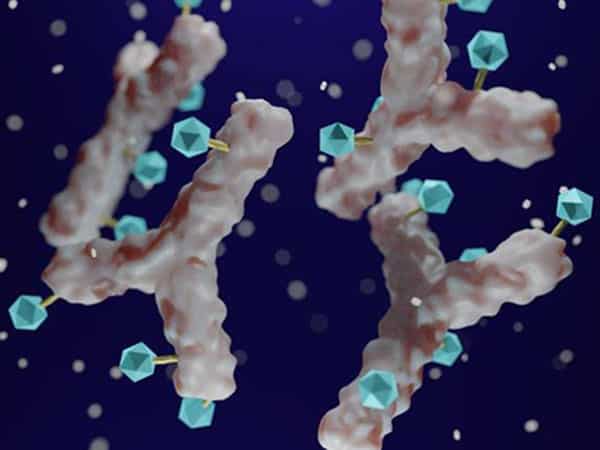A New Treatment Option for the Most Common Type of Breast Cancer
A drug that selectively targets cancer cells was approved for the treatment of certain HR-positive breast cancers.
The U.S. Food and Drug Administration (FDA) has approved sacituzumab govitecan-hziy (Trodelvy) for patients with locally advanced or metastatic hormone receptor (HR)-positive, HER2-negative breast cancer that cannot be surgically removed and who have already received certain therapies.
Sacituzumab govitecan-hziy is an antibody-drug conjugate, a type of therapy that utilizes a cancer-targeted antibody to selectively deliver a cell-killing drug to cancer cells. Sacituzumab govitecan-hziy targets the Trop-2 protein that is found on the surface of most breast cancers and delivers a drug that damages DNA and leads to cell death. Sacituzumab govitecan-hziy was previously approved for certain patients with HR-negative, HER2-negative breast cancer, also known as triple-negative breast cancer.

The latest approval is based on results from the multicenter, open label, randomized TROPiCS-02 phase III clinical trial. The trial included 543 patients with unresectable, locally advanced or metastatic HR-positive, HER2-negative breast cancer whose disease had progressed after prior therapy. Patients received either sacituzumab govitecan-hziy or single-agent chemotherapy until disease progression or unacceptable toxicity.
Patients treated with sacituzumab govitecan-hziy had a 33.9 percent lower risk of disease progression compared with those treated with chemotherapy, with a median progression-free survival of 5.5 months for those in the sacituzumab govitecan-hziy arm and 4 months for those in the chemotherapy arm. Patients in the sacituzumab govitecan-hziy arm also had a 21.1 percent lower risk of mortality with significantly longer overall survival compared with patients in the chemotherapy arm (14.4 months vs. 11.2 months, respectively).
Breast cancer is the most common cancer among women in the United States, and HR-positive, HER2-negative breast cancer is the most common subtype. It was estimated that 287,850 individuals would be diagnosed with breast cancer and 43,250 would die of the disease in the U.S. in 2022.
The FDA rendered its decision on February 3, 2023.
